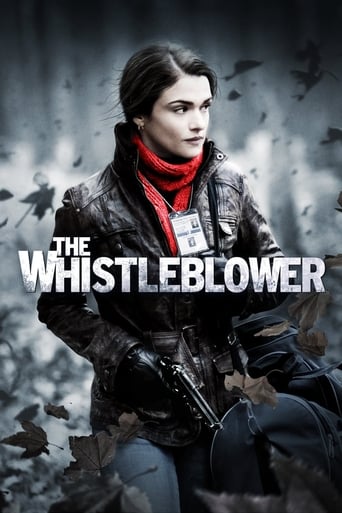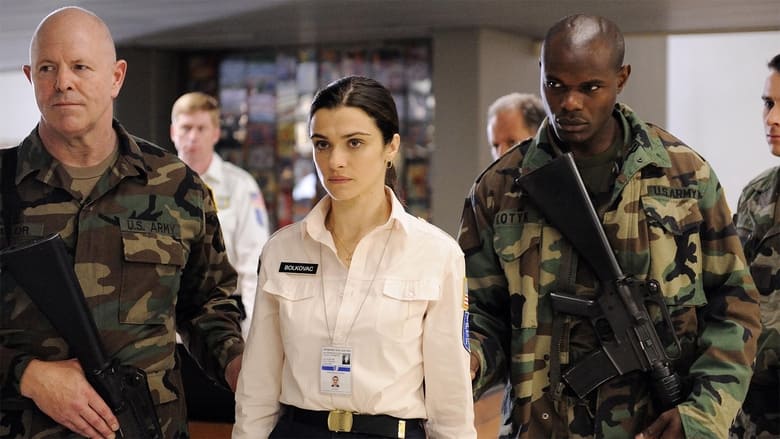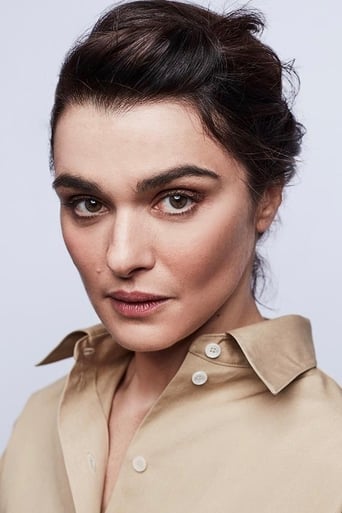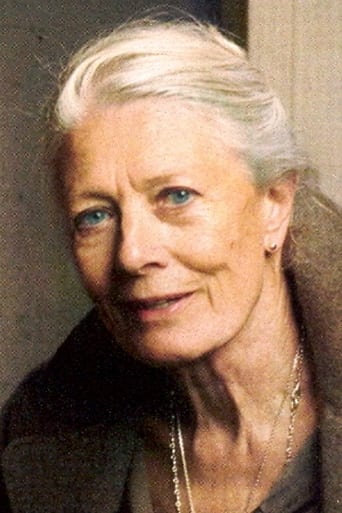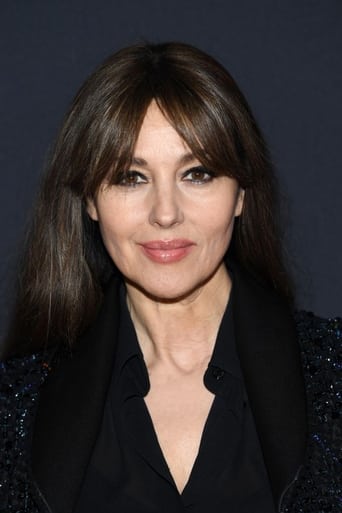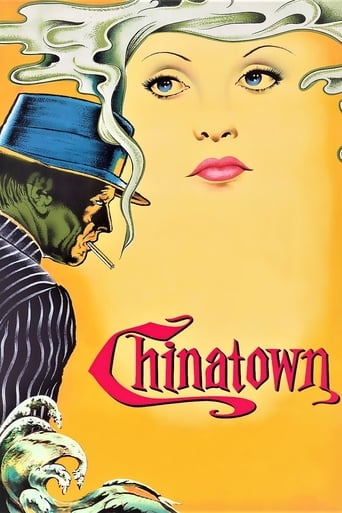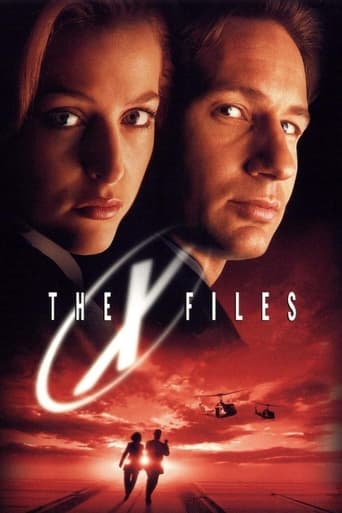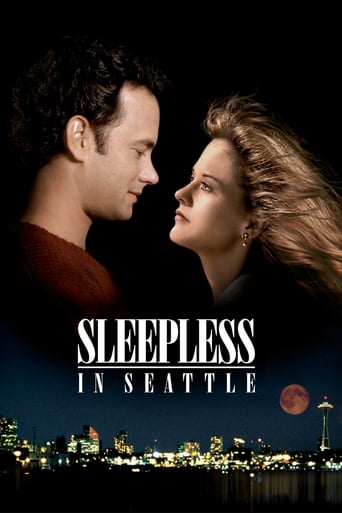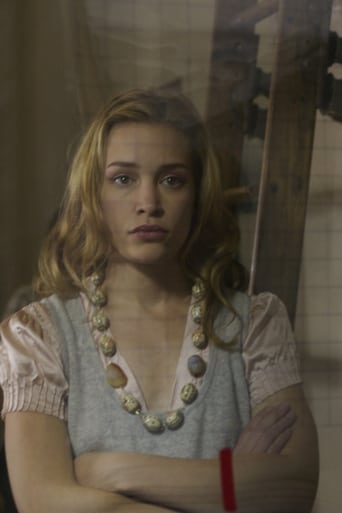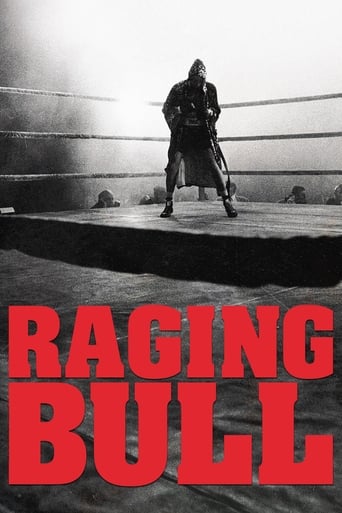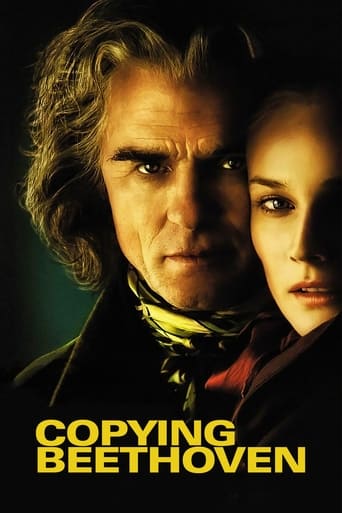The Whistleblower (2011)
Nebraska cop Kathryn Bolkovac discovers a deadly sex trafficking ring while serving as a U.N. peacekeeper in post-war Bosnia. Risking her own life to save the lives of others, she uncovers an international conspiracy that is determined to stop her, no matter the cost.
Watch Trailer
Cast


Similar titles
Reviews
Touches You
Let's be realistic.
Fresh and Exciting
Excellent, Without a doubt!!
Human trafficking, a subject that deserves more serious attention than it gets here. And it IS pretty serious. The CIA estimates that a conservative number of kidnapped people smuggled into the US alone is more than 50,00 a year. That figure includes those kidnapped for purposes other than sexual. This movie deals with a variant of that theme -- it's trafficking all right, but the young girls in Bosnia aren't just kidnapped and kept captive in whorehouses; sometimes they're deliberately sold into bondage by other family members. And they may or may not be brought across national borders. The film is unclear about that point.The central figure is Rachel Weisz, an officer sent to Bosnia as part of an international peace-keeping force, an "elite unit", or so she thought. The peace keepers aren't members of any of the armed forces. They're mostly government contractors who are kept in check by the bureaucrats of agencies whose actual identities eluded me. The UN is in there somewhere.Weisz is soon disabused of the notion that this is a morally responsible unit. She discover that with the complicity of the local police, girls are being sequestered in a seedy night club and sold for on-the-spot tricks to the unholy members of the peace keeping force. If somebody takes a girl home for the night it costs him double. Weisz has one or two trustworthy friends among the peace keepers and she has the support of two higher-ups, Vanessa Redgrave and David Strathairn. They aren't high up enough. The head honcho, all politesse, has been trying to get rid of Weisz since she arrived and began her investigation into whoredom. In their interview he gently praises her record and asks if if wouldn't be nice if she could go home to her child and take her on a long vacation, hit all the high spots in Europe. How thrilling for Weisz's daughter. But Weisz wants to get on with the job. "Not the maternal type?", asks the high muckamuck -- and the director has the good sense to let the camera linger for a few moments on Weisz's intractable face.It comes to naught. Despite the aid of her pals, her investigation is closed and she's booted out of town.It's a serious subject and it gets a treatment that lies somewhere between a Lifetime Network made-for-TV movie and one of those old Westerns from the 30s in which the good guys where white hats and the bad guys dress in black so it's easy to tell them apart and to know whom to root for. I believed the general outline of the story but virtually none of the actual incidents we see on screen. The managers of the girls are truly and unproductively evil. They beat the girls, shove them around, bark out orders, shove iron pipes into their orifices, and if they are too recalcitrant they get a bullet in the head. The girls are too terrified to cooperate with Weisz.That's no way to keep order among a couple of dozen captive young women. And if the participants in the system were clever enough to organize this million-dollar industry, I suspect they'd know that. The girls are kept like rats in a cage, with a chipped bowl for a toilet. They're dressed in rags and kept filthy. They're fed once a day in the morning and severely punished if they don't finish their food. They look like hell. Who would pay enough money for their company to make a profit. Cripes, they're right out of Dickens' "mudlarks." But the intrinsic incredibility of the relationship between owners and sex slaves is just one element that contributes to the film's overall weakness. Weisz is a determined woman and when balked she turns hysterical, shrieking and pounding men on the chest and face, begging the girls' cooperation, weeping with frustration. Two of these scenes are not only over the top but they go on too long. We already know Weisz is a heroine.I suppose we're supposed to give the movie a thumbs up because of its potent subject matter -- argumentum ad miseracordiam -- but a poor screenplay cheapens the tragedy we're witnessing on the screen. They could have done better than this. The topic deserves it.
I would have given it a higher rating but the closing statement completely blew up the meaning of the entire story and causes of the trafficking. The closing comments stated that the government continues to do business with private contractors as though they were the primary problem. Did they forget about all the government and quasi-government organizations including the UN that were not just involved but were complicit in the scandal? In fact Bolkovac worked for a private organization. Her work would have never come forward if she worked for the government and in fact she would have never even been on the scene. I suppose if she had been paid out of some government coffer the misdeeds would never have happened in the first place or would have been more excusable.This type of guilt by association is quite common by press, entertainment and government types. Can't they ever get at the real root causes rather than demonizing and the injection of their socialist bombast?
The Whistleblower starts with a depiction of how girls from eastern Europe were trafficked into the Balkans for the sex industry that grew up after the Dayton Peace Accords of 1995. Tempted by the offer of a job in the West, two girls, Raya and Luba, end up in a life of sexual slavery to men working for the very institution that was there to protect civilians – the United Nations.The early scenes with Katherine Belkovac, played by Rachel Weisz, introduce her as a police officer from Nebraska who accepts a job in Bosnia for the money and perhaps as a break from her domestic problems, employed by Democra, a corporation contracted by the UN to provide monitors for the Bosnian police. An issue in the early scenes is the way characters appear and disappear from the story. Benedict Cumberbatch appears fleetingly, on screen for less than five minutes in the whole film. He is vaguely described as a commander, presumably working for Democra but this is not made clear and it is a weakness in the film that characters are introduced but not identified sufficiently for the audience to get a handle on them. Belkovac soon gains the attention of Madeline Rees, High Commissioner of Human Rights, warmly and effortlessly played by Vanessa Redgrave, who offers Belkovac the job of Head of Gender Affairs. At this point the film feels like it is ready to begin and the reintroduction of one of the girls from the opening scene, Raya, starts Belkovac on her journey into the underworld.Raya's been badly beaten up, there were were no jobs in Germany for the girls, their trail west stopped at a whorehouse in Bosnia. Belkovac goes to investigate the bar where Raya worked. In a simple powerful scene she walks through the empty club and finds wads of American currency, girls' passports, polaroids of sexual abuse and in the back-room filthy mattresses, syringes and a large cage complete with manacles and leg-irons. There is no music, no other characters or dialogue are necessary. The camera follows Belkovac and the audience follows the camera. The Whistleblower is at its best in scenes like this. The visual style of the rest of the film is also established in the bar scene. Darkness and shadow dominate from now on. As Belkovac becomes enlightened the story gets darker. At a shelter Belkovac first hears the term human trafficking and is made aware that the trafficking started after the war ended and the UN had arrived yet Belkovac still doesn't quite seem to get it; there is a tendency in the film for other characters to have to spell things out for her, maybe this gets information across to the audience but it does leave one wondering was she this naïve in real life?The second half of the film is dominated by the futility of her work and the suffering of the girls she is trying to save. The forces that really control Bosnia reveal themselves in the increasing violence done to the girls and the backlash against Belkovac inside Democra. In the shortest and best written scene she is interviewed by a Democra official, John Blakely, a subtle, hostile performance by William Hope. Belkovac leaves the meeting realising she is alone. The use of camera focus to emphasise her loneliness and almost paranoid state of mind is very effective.As time runs out for Belkovac she has one chance to still make a difference. She learns that Raya is being held at a bar nearby and, in the emotional climax of the film, she goes there to persuade Raya and the other girls to take a chance and leave with her. It's a powerful scene, Rachel Weisz is brilliant as her appeals fail and her impotence is finally revealed. While Raya sinks back into the shadows of the bar Belkovac staggers outside. Neither of them have anywhere left to go. The last section of the film is quiet. Belkovac has realised that her police work has failed and that she must become the whistleblower. She gets away with the evidence, makes it to London and tells her story. Rachel Weisz will get all the plaudits for her performance. She plays the honest cop in dishonest times up against odds she only slowly begins to comprehend. Her increasing horror at what she discovers is matched by her determination and commitment. Weisz plays the role with energy and strength but her performance never gets in the way of the story. The other actors are really not on screen long enough. Vanessa Redgrave is especially underused. Her acting is real quality, delivered through her voice and eyes, her charisma adds another level to the film. Her scenes with Rachel Weisz are a fascinating contrast of styles, with Weisz a more physical actor, more expressive and although some of the dialogue is not the strongest Vanessa Redgrave never sounds like she is reading from a script at all. Roxana Condurache is especially good as Raya, she seems to physically change as she suffers and by the end she is in a permanent cringe, unwilling even to raise her head, the look on her face says she knows she's trapped.A powerful story and a strong cast drive The Whistleblower and Larysa Kondracki directs her first feature film with style and imagination. The use of blur, focus and shadow is never overdone and effectively convey the isolation of the characters. She keeps a good balance between this subjectivism and the stark reality of the violence that underlies everything. However, the script is uneven, and some of the devices used to move the plot forward are clichéd yet the film does not let us forget that Raya is dead, the girls are still in slavery, no-one from the UN was ever prosecuted. The Whistleblower ends on a downbeat but truthful note.
On one side a woman seeking justice on behalf of girls trafficked from Eastern Europe. On the other a huge organization ready to cover up for its men involved with the misdeed. If you consider that the film is based on real events and that the Organization in question is UN you'll understand how you'll feel in the end. After watching the movie I went to check (on Wikipedia) what the actual facts were and it came out that what I saw was pretty close to reality. And this, of course, only heightened the anger.But besides that, this is a very good film, Rachel Weisz plays a great Kathryn Bolkovac with her Nebraskian stubbornness and her maternal comprehension for the victims of human cruelty. The story flows naturally and the attention is kept high all the time.I realized that this was a delicate matter by the fact that the name of the Agency involved, DynCorp was changed (in Democra) on the screen and that UN chief in Bosnia at that time, Mr Jacques Paul Klein, is never mentioned. I also read that some criticism was raised about the violence depicted in the movie. Well, I didn't find anything even remotely excessive in there. But, you know, maybe I'm too tough (eh, eh ).

